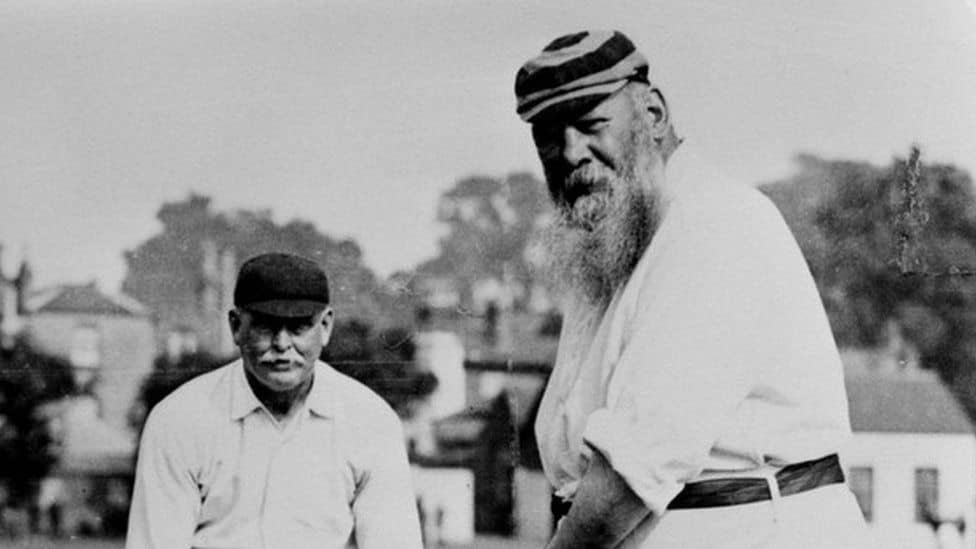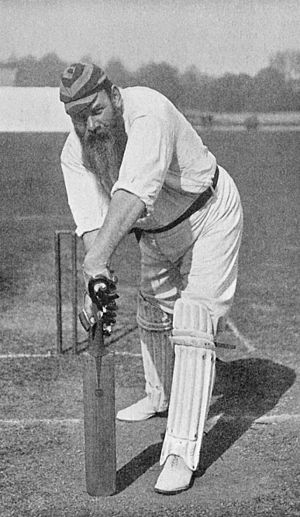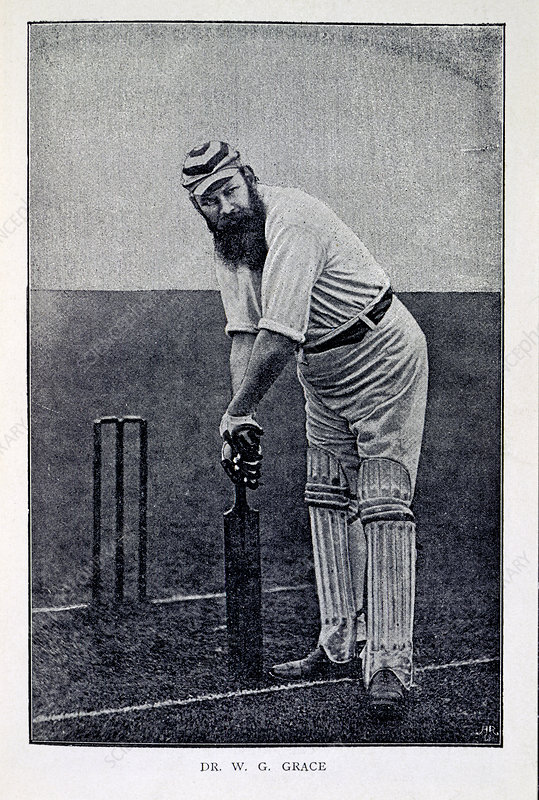Who is the Father of Cricket?

William Gilbert Grace, aka W.G. Grace is known as the Father of Cricket. He was a groundbreaking figure in the sport, playing a crucial role in transforming cricket during the late 19th century from a casual pastime into a more professional and competitive endeavor.
His impact extended beyond just playing; he influenced batting techniques, the professionalism of players, and the commercialization of the game.
Early Life and Education
W.G. Grace was born on July 18, 1848, near Bristol, England, into a family that had a deep love for cricket. With encouragement from his father, Henry Grace, he honed his skills from a young age.


His brothers, E.M. Grace and Fred Grace, also participated in First-Class cricket, but W.G. quickly distinguished himself as the most talented among them.
He attended Bristol’s Cathedral School and later Cheltenham College, although his studies never took precedence over his cricketing passion.
The support from his family allowed him to dedicate significant time to refining his abilities, which ultimately changed the landscape of the sport.
Cricket Career and Achievements
First-Class Records:
- Runs: 54,896
- Centuries: 126
- Highest Score: 344 (achieved in 1876, a record for nearly 50 years)
- Batting Average: 39.55
- Wickets: 2,809
His First-Class records were groundbreaking, setting benchmarks that remained unchallenged for decades. His adaptability and innovative batting techniques made him a dominant force in cricket.
Test Cricket Stats:
- Matches Played: 22 (1880–1899)
- Runs: 1,210
- Batting Average: 32.22
- Highest Score: 152
- Centuries: 2
Test cricket was still in its formative years during his career, but Grace’s performances significantly contributed to England’s early dominance in the sport.
W.G. Grace’s Innovations in Cricket
1. Professionalization of Cricket:
Before Grace, cricket was largely amateur. He played a key role in securing financial recognition for cricketers.
2. Evolution of Batting:
Grace popularized a more aggressive batting approach, moving away from purely defensive play, which later influenced legendary players like Don Bradman.
3. Advancements in Equipment:
He collaborated with manufacturers to develop lighter and more effective bats, helping shape modern cricket gear.
Legacy and Influence
W.G. Grace’s impact extends beyond statistics:
Popularized Cricket: His dominance drew massive crowds, increasing the sport’s following.
Set Standards for Professionalism: His push for fair player compensation set a precedent for the modern professional era.
Inspired Generations: Many future cricketers, including Sir Don Bradman, cited him as an inspiration.
Conclusion
W.G. Grace is rightly called the Father of Cricket, not just for his playing ability but for shaping the sport’s evolution. His legacy transcends generations, and his influence remains visible in cricket’s modern era.
Also Read: Who is the Prince of Cricket
